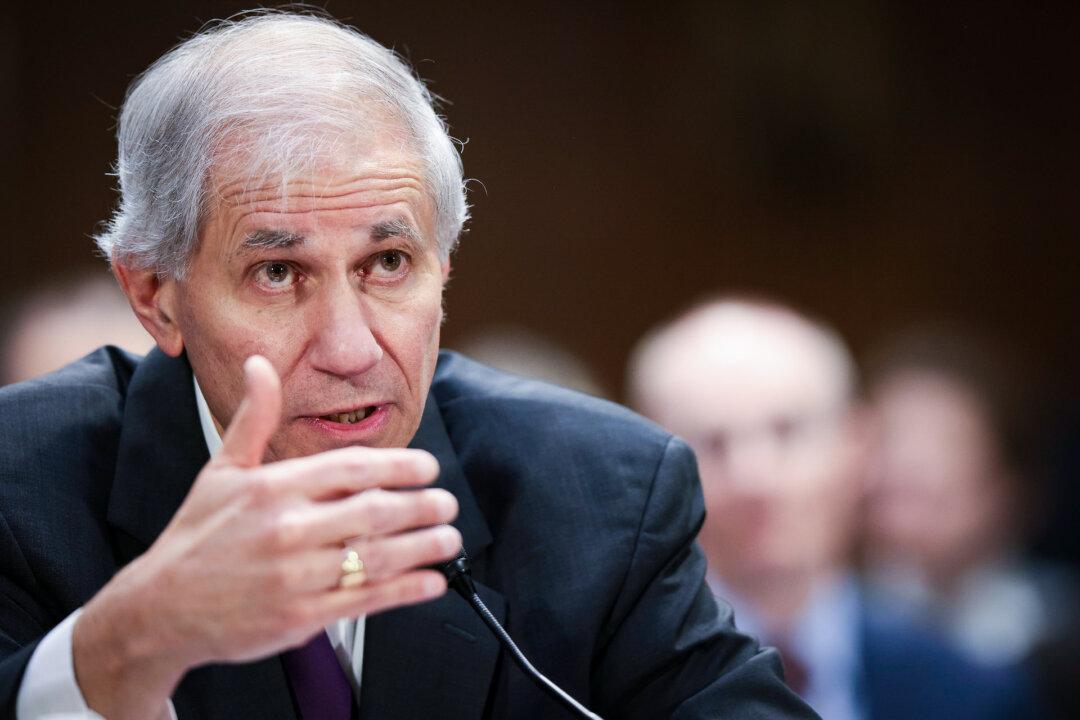Federal Deposit Insurance Corporation (FDIC) Chairman Martin Gruenberg announced his resignation on May 20 and agreed to step down once a successor is confirmed, succumbing to a months-long scandal over allegations of a toxic workplace culture at the regulator.
After a 200-page report detailing “sexual harassment, discrimination, and other interpersonal misconduct” at the banking regulator was released on May 7, House and Senate lawmakers demanded that Mr. Gruenberg resign as FDIC chairman.





